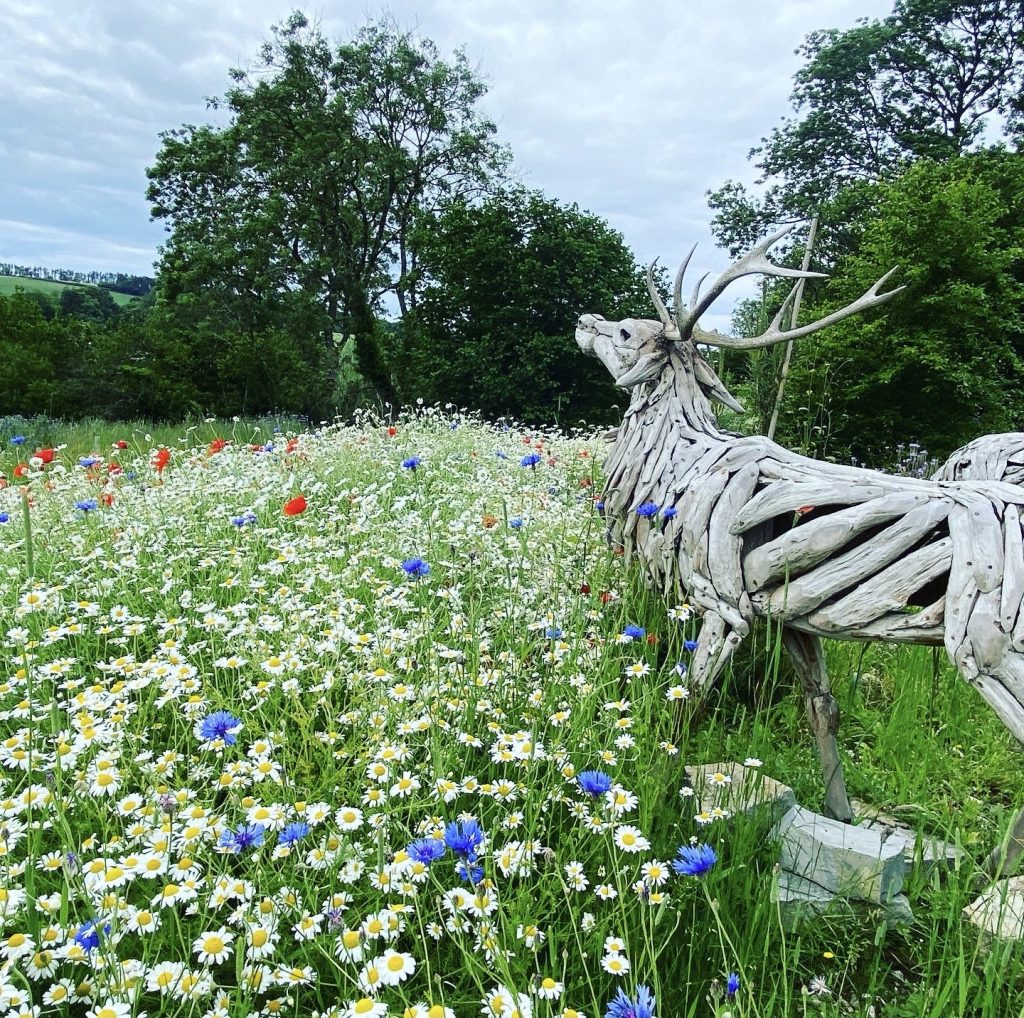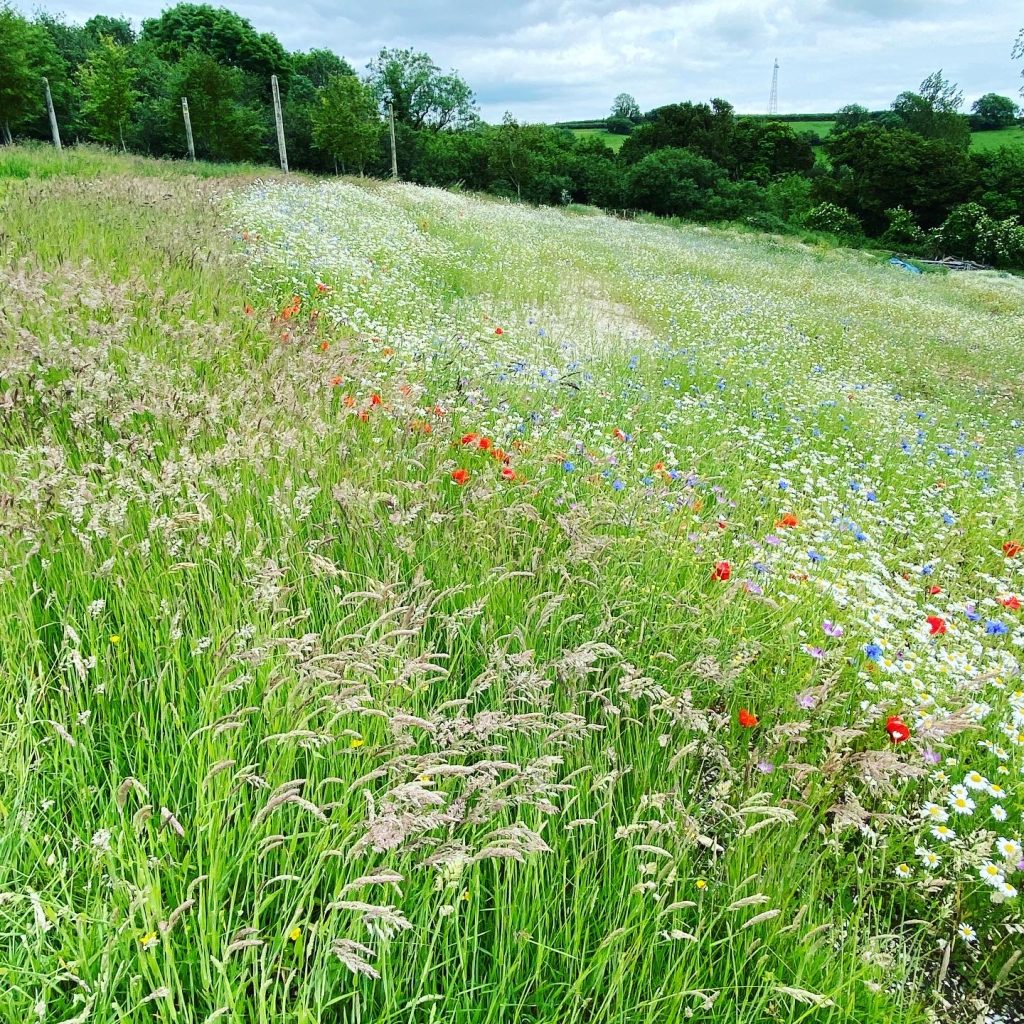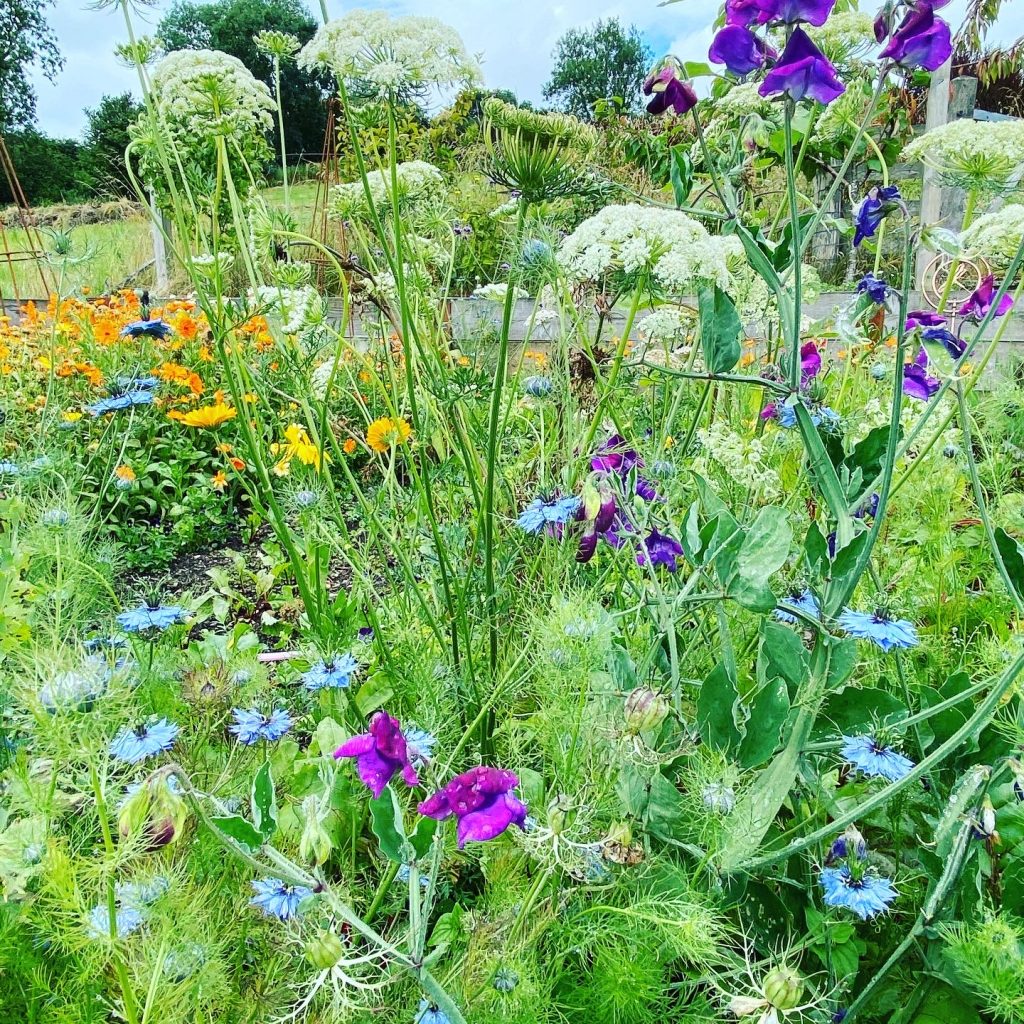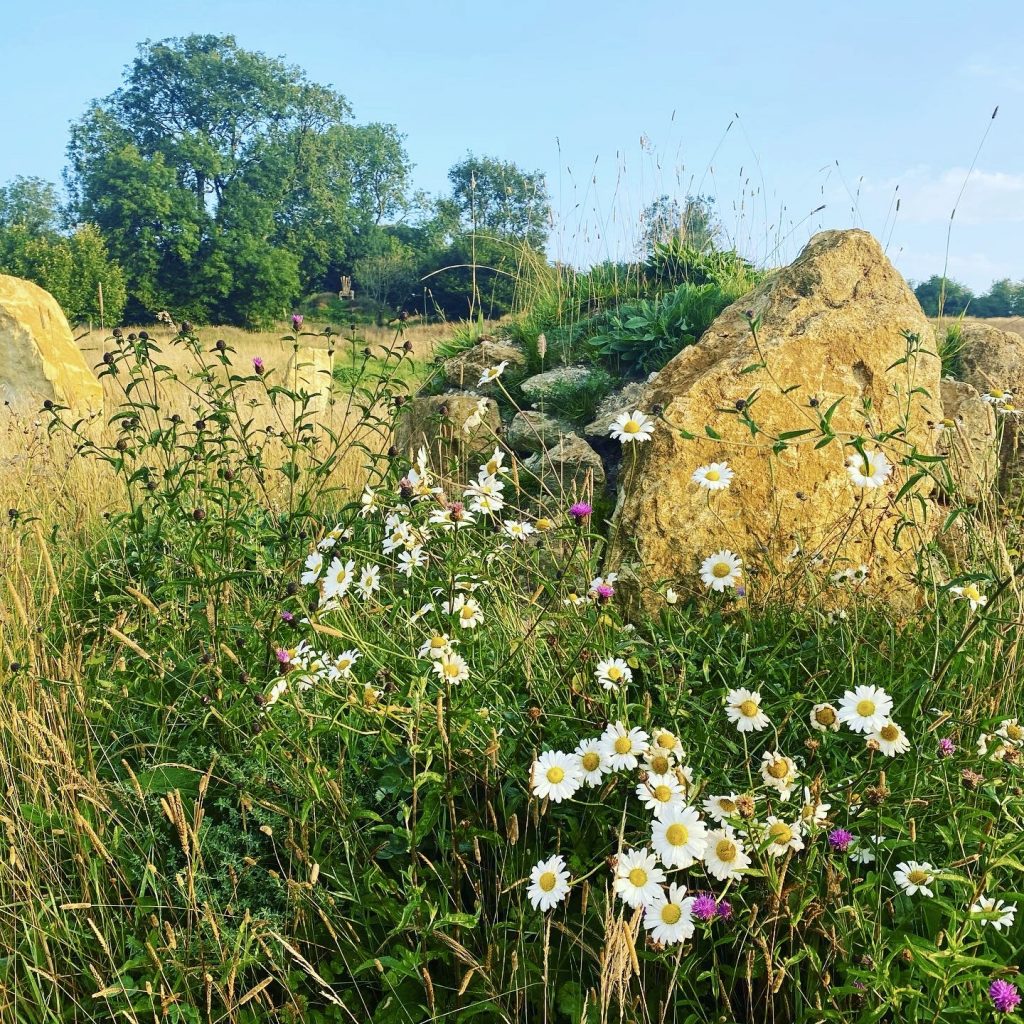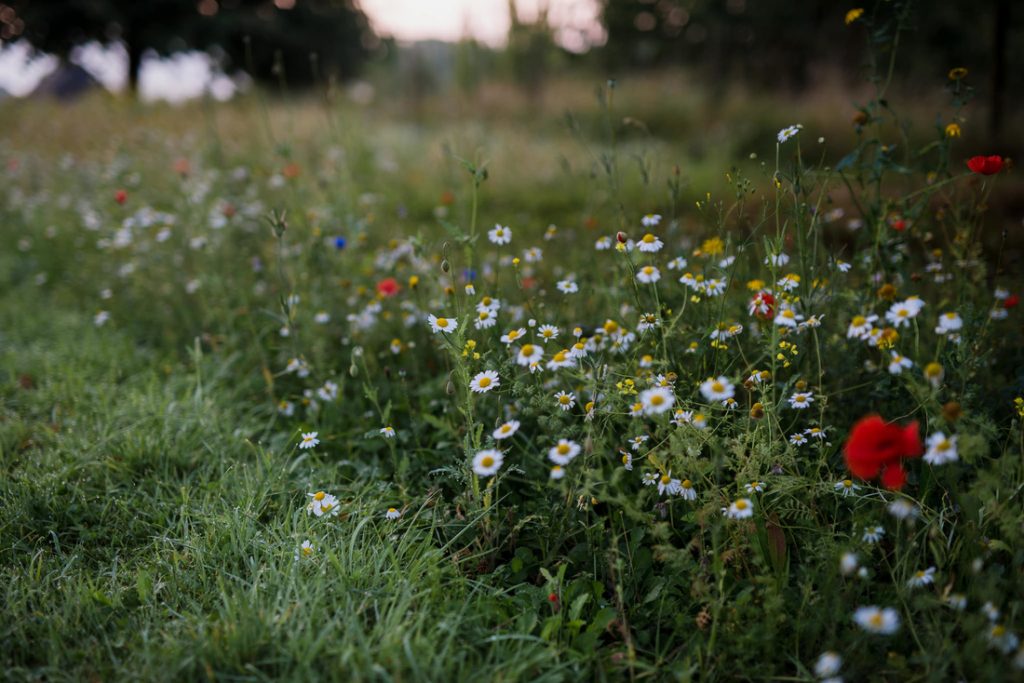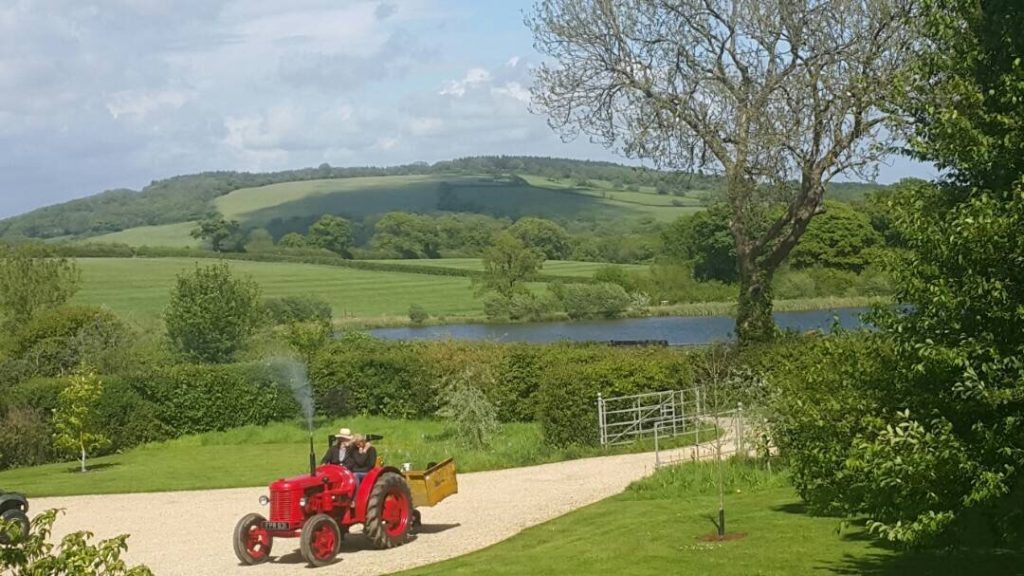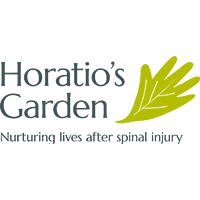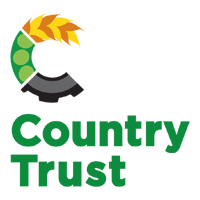Three go wild in Dorset
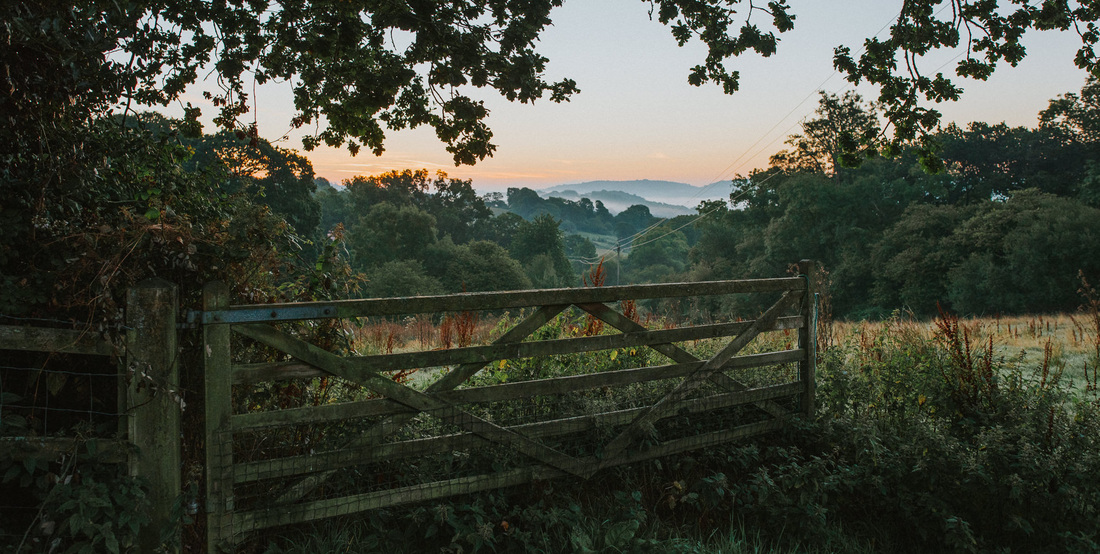
Three fabulous farms embracing rewilding projects will open for the National Garden Scheme in summer 2022, each simply wild about nature. The scale of their ambition and the passion of their owners is inspiring – their landscapes stunning. Read on to discover more and plan your visits.
Historically, best known for manicured lawns and blousy herbaceous borders, the gardens that open for the National Garden Scheme are changing. The explosion of interest in gardening and its value to our health and wellbeing – exacerbated by our enforced confinements during the pandemic – has placed a renewed emphasis on the value that nurturing gardens and increasing biodiversity can bring. The climate change talks at COP26 in Glasgow banged home the message of the importance of protecting our environment – whatever the size of our plot – for the benefit of all life on Earth.
We’re not saying goodbye to blousy at the National Garden Scheme – as the biodiversity audit of the gardens at Great Dixter shows**, intensive gardening creates its own mix of wildlife magic – but we are excited about the garden owners who are championing and restoring the wild. We now open gardens with wild meadow planting in urban spaces and woodland gardens fragrant with snowdrops, bluebells, and wild garlic, and in Dorset there are three fabulous farms opening in summer 2022, each simply wild about nature.
“As the concept of rewilding has come to the fore, I felt that it was important that we started to include gardens and rewilding projects within the National Garden Scheme,” says Alison Wright, South West Regional Chair and Dorset County Organiser. “Following the pandemic many of our gardens in Dorset have been extended to include wildflower meadows and woodland walkways, and have also started to embrace a return to nature, allowing our visitors to enjoy greater diversity on an open day. This year we have three important rewilding projects opening for us for the first time, Hooke Farm, Hogchester Farm and Wyke Farm. The knowledge and expertise of these garden owners is exceptional, and I am delighted that we will be able to share these fabulous rewilding projects with a wider gardening audience.”
Hooke Farm
- The stag and meadow at Hooke Farm
- Wildflower meadow meets grassland
In rural West Dorset, there is a wilding project full of surprises offering talks from experts and guided tours, as well as locally sourced lunch and cream teas, on its Wilding Weekend on 11-12 June.
Hooke Farm has been transformed into a wildlife haven with bird boxes, bat caves, butterflies, and bee-friendly wildflower meadows. The landscaping project includes a series of ponds in a wetland area, orchard trees, woodland planting all interlinked with mown paths through swaying grass. There are standing stones, a stilted henhouse, a giant throne, and driftwood stags.
Over the Wildling Weekend in June there will be talks and guided tours on both afternoons, covering different aspects of wilding and environmentally friendly gardening. This will include butterflies, moths, reptiles, weed control, tree maintenance, grassland management and how to attract insects and birds. And there will be speakers and guides focussing on the following subjects: Green Roofs – Spring fed ponds / water meadow – sweet track – and ladder – Sculptures – Hen henge – Moths and butterflies – Dead hedge – Grassland management – Dry stone walls – Bat egg – Butterfly transects – Vegetable Garden.
“I’m really thrilled to be able to share our wilding story with a new audience,” says garden owner and environmentalist, Julia Hailes. “And hope that visitors will be inspired to replicate elements in their own gardens too.”
For more on Hooke Farm along with opening times click here
- The veg and flower garden at Hooke
- Wild meadows and mixes
Hogchester Farm
For owner Robert Powell, who’d enjoyed a career in molecular biotechnology, finding a new project and ‘thinking bigger’ brought him and his family to Hogchester Farm (pictured in the lead image).
“We searched for land with interesting features and a firm foundation for nature,” he explains. “Hogchester Farm, nestled in a valley overlooking Charmouth is such a place. We are taking things slowly but at the heart of our vision is a passion for wildflower meadow restoration. We have seeded 17 acres and set up a small charity to take the seed from these fields and establish more of these spaces in partnership with Dorset Wildlife Trust.”
But Hogchester is as much a space for people as for wildlife. Each year the meadows are open to the public to enjoy during the flowering season – and nature and talking therapy is a part of the vision going forward along with an artist-led residency programme.
“In time we hope that Hogchester will be a centre of excellence for ecologically based psychotherapy and that many will visit Hogchester as a place of safety and healing,” adds Robert.
You can experience the pure joy of wildflower meadows with views to the sea when Hogchester opens for the National Garden Scheme this summer on Saturday 25th June and Saturday 16th July 9am to 6pm. For full details click here.
- The meadow at Hogchester Farm
Wyke Farm
“Let’s hear it for benign neglect!” says owner Alex Appleby.
The story at Wyke Farm started 20 years ago as Alex and her family moved from owning a herd of black and white cows milked twice a day to a more sympathetic farming approach, these days known as regenerative farming. Hedgerows that had been systematically removed were replaced, scrapes, ponds and lakes dug in strategic places and woodland corridors developed on marginal land. However, the most expansive and challenging conversion was the restoration of the wildflower meadows.
“We tried several different methods and found only one that worked effectively; the removal of the top layer of soil housing all the fertilisers, pesticides and herbicides ever put on it and then killing everything that came up in the next three years. A neighbouring, Site of Special Scientific Interest (SSSI) wildflower meadow was brush-harvested, and the seed drilled into the tilth that was, by then, a sterile subsoil. Everyone held their breath until the following spring. What was a green desert, home to rye grass, dock, creeping thistle and clover, became a diverse floral wonderland boasting over 100 species, including the scarce, signature, Ancient French Oatgrass. Last season we had a floribundance of yellow rattle and marsh orchids; the year before, ragged robin and lady’s bedstraw and each year, the wonderfully named, corky-fruited water dropwort.
“As we are now led to believe, restoration starts with the flora. If you have that right, the fauna follows. Nature is very resilient, if left to itself. As if to validate the work done, we have found that the conservation approach to farming and the restoration of ancient woodland is commercially more viable than conventional dairy farming.”
With each turn of season, the family discover something exciting. In November a flock of about 25 hawfinches – not common and restricted to hornbeam woodland – a flock of over 100 pied wagtails roosting in reedbeds alongside the murmuring starlings. These all ‘hugger-mugger’ with happy livestock to create a place of great tranquility. But, if you were hoping for more of a garden, Wyke Farm offers that too. Herbaceous borders run around the house, with a south facing rose garden leading to a path that takes you down steps through a woodland garden to a gate through which you’ll find the walled vegetable and cutting flower garden. Something for everyone.
Find out more about Wyke Farm and its opening times on 18 & 19 June here
** Biodiversity audit at Great Dixter
- View of the second lake at Wyke Farm





